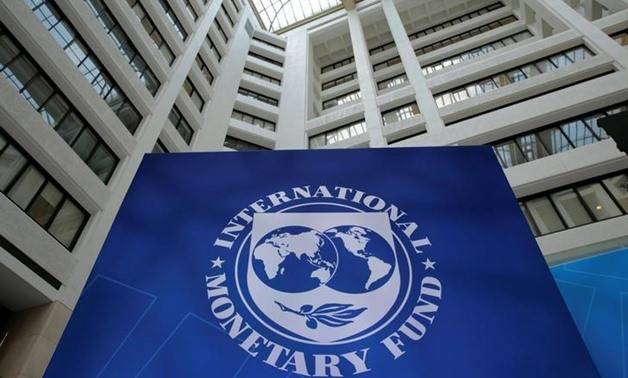A credible and cautious fiscal policy by the Serbian Government is the best way to sustain and improve excellent macroeconomic results, assessed Lev Ratnovski, the permanent representative of the International Monetary Fund (IMF) in Serbia, during a discussion at the 24th Belgrade Economic Forum.
Ratnovski noted that Serbia is currently in a phase of a development cycle where expenses are high, particularly in terms of capital and other investments, making it essential to maintain fiscal discipline and spend strategically in line with priorities.
“History is full of examples of countries that began overspending and could not stop – this is why the new PCI agreement between Serbia and the IMF is beneficial, as it aims to support fiscal discipline, with an agreement to keep the fiscal deficit capped at three percent until the end of 2027,” Ratnovski said.
When asked by panel moderator, economist, and former Fiscal Council member Vladimir Vučković, about the IMF’s view on adherence to fiscal rules regarding the public debt-to-GDP ratio (currently around 48 percent), Ratnovski stated that the agreement with the Serbian Government emphasizes the importance of adhering to regulations concerning wages and pensions.
“As for the fiscal rule on maintaining the public debt at 45 percent of GDP, it was agreed that its implementation would be postponed until after 2027, with a commitment by the Serbian Government to closely monitor and optimize expenditures so that the fiscal deficit does not exceed three percent in the agreed period,” Ratnovski clarified.
Professor Dejan Šoškić from the Faculty of Economics in Belgrade pointed to the connection between economic growth, borrowing, and public debt.
“Since 2012, Serbia has recorded slower economic growth than the average for Central and Eastern European countries, as well as slower than the global average. Meanwhile, public debt has increased by 22 billion euros, while GDP in euros hasn’t ‘doubled’ in real terms but has instead grown by about 32 percent,” Šoškić highlighted.
Nikola Altiparmakov, a current member of the Fiscal Council, emphasized the critical importance of prioritizing expenditures in the coming period.
“There has been a significant shift in government spending as investments reached seven percent of GDP. Although, in theory, capital investments are the most productive expenditure, it’s crucial to keep them under control and prioritize projects strategically,” said Altiparmakov.
Peter Tabak, lead regional economist at the European Bank for Reconstruction and Development (EBRD), also noted the importance of focusing on improving the business environment, green economy, and resource management in the coming years.
“When it comes to the private sector, it’s about adopting corporate governance standards and transforming companies from family-owned to classical business models. On the other hand, it’s important to manage state-owned companies, particularly those responsible for energy production, utility services, and similar areas,” said Tabak, adding that the EBRD is supporting Serbia in these fields.
State Secretary in the Ministry of Economy Vladimir Arsenović emphasized the importance of Serbia receiving an investment-grade credit rating for attracting foreign investments.
“In 2022, foreign direct investment (FDI) amounted to 4.4 billion euros, and a year later, 4.5 billion euros. This year, from January to August, FDI reached 3.2 billion euros, marking an 11.6 percent increase over the same period last year. The credit rating serves as a signal to investors to continue investing in Serbia,” Arsenović stated.
Professor Nebojša Savić from the FEFA Faculty also participated in the panel discussion “The Serbian Economy Over the Years and Lessons Learned,” where he focused on education, emphasizing the need to encourage analytical and creative thinking among young people.
“The labour market sends such a signal because, with new technologies and artificial intelligence available, these skills will be the most sought-after by employers,” concluded Savić.
(Biznis, 31.10.2024)
https://biznis.rs/vesti/srbija/sef-kancelarije-mmf-fiskalna-disciplina-od-kljucnog-znacaja-u-razvojnom-ciklusu-srbije/
Source link : http://www.bing.com/news/apiclick.aspx?ref=FexRss&aid=&tid=67235f076a744bf6ad5ff2c10160811e&url=https%3A%2F%2Fwww.serbianmonitor.com%2Fen%2Fbelgrade-economic-forum-mmf-say-fiscal-discipline-is-key-to-serbias-development%2F&c=14890366882397727004&mkt=de-de
Author :
Publish date : 2024-10-31 03:10:00
Copyright for syndicated content belongs to the linked Source.
